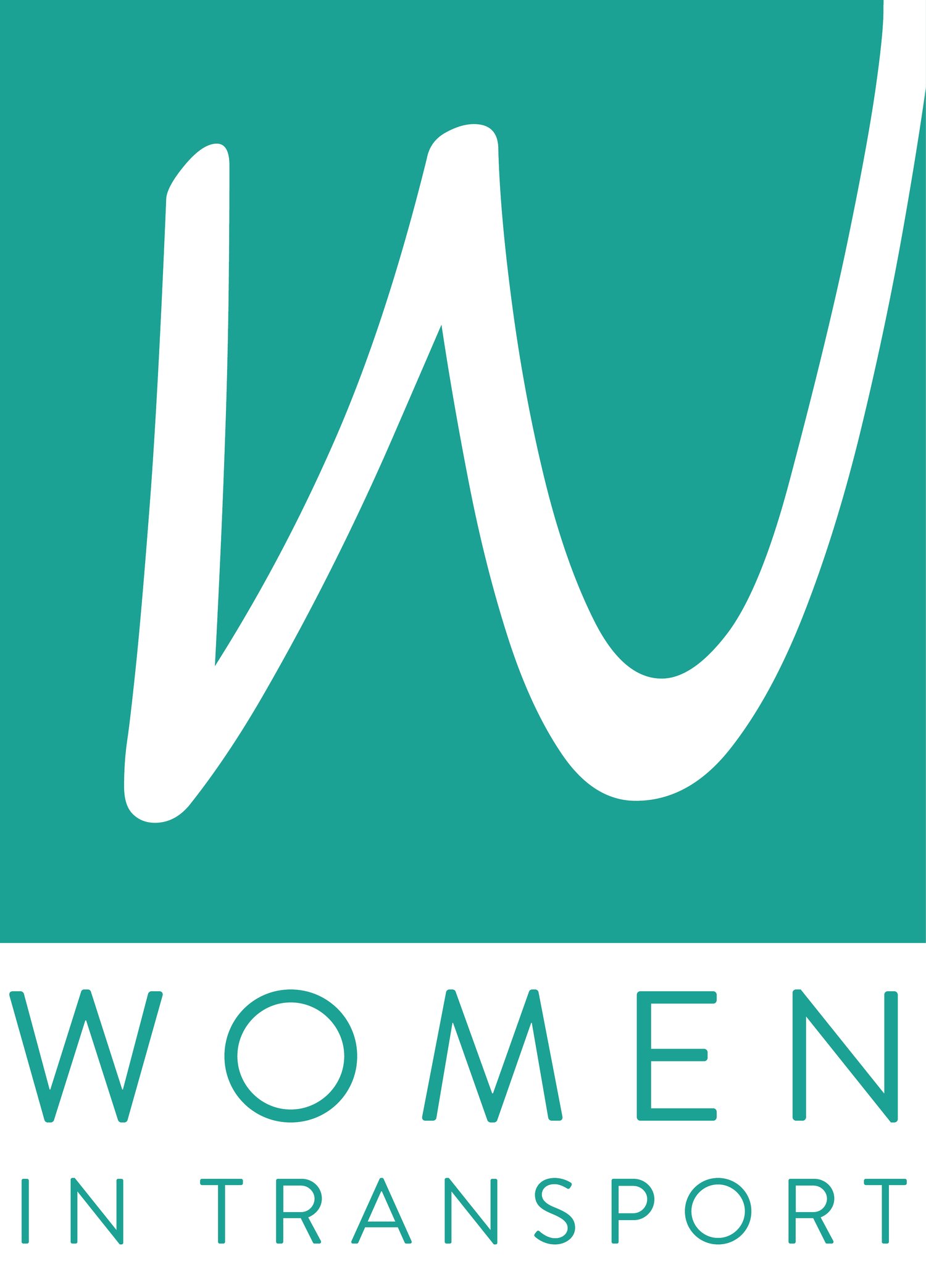What does your current job involve?
I’m the owner of a boutique consultancy specialising in stakeholder engagement, policy, public affairs and gender diversity for the transport and infrastructure sectors.
We’re currently involved in stakeholder engagement for a range of large, and small, transport infrastructure schemes, as well as research and campaigns for non-profits in the sector. We also advise transport companies on how to achieve a more gender-balanced team.
We’re a start-up, so my job involves anything and everything, from working in the business to developing it.
How did you get into the transport industry?
Most industries need public affairs roles. I decided to specialise in transport after moving from the voluntary youth sector. Moving from the charity sector into transport wasn’t an obvious choice but I’m glad I made the move. I joined Transport for London (TfL) at the end of 2007. I built TfL’s stakeholder engagement team, transformed its external relationships, and made sure stakeholders’ views informed TfL’s public policy development.
What do you like about working in transport?
Transport has an impact on everyone’s lives. It builds cities and links people to homes, jobs and opportunities. I’m inspired by the scale, complexity, and engineering challenges that have to be overcome to build major transport schemes. I’m proud to be able to say I’m involved in making these projects happen. Without effective public engagement and stakeholder advocacy, these schemes would not go ahead.
How did you get to join Women in Transport?
I discovered Women in Transport when I returned to my job at TfL after my youngest son was born. Sleep deprived with a baby and young toddler, I didn’t feel I was operating at my best. Being in a leadership position was tough. I looked around for peers and mentors I could turn to for support. At that time, more than ever, I noticed the lack of women in senior leadership positions. I thought more needed to be done to inspire young women to choose transport careers. That’s when I discovered Women in Transport and applied to join the board a few months later. Since then I’ve used my campaigning expertise to drive forward the women in transport agenda.
What is your role at Women in Transport?
I’m the Policy and Strategy lead. My main focus is providing Secretariat to the All-Party Parliamentary Group (APPG) for Women in Transport. I helped Women in Transport secure cross-party support for the group and worked with parliamentarians to set it up. It’s the first time there has ever been a cross-party group for women in transport. The group is sharpening parliamentary focus on the issue of women’s under-representation in our industry.
What are you most proud of?
1. The legacy I left at TfL. I transformed their external relationships and built a coalition of advocates willing to campaign for London’s transport infrastructure and the funding to deliver it. Now I admire TfL’s work from afar and see the stakeholder advocacy they have is powerful. It’s great to think: I built the team from scratch and built the relationships and enabled it to happen.
2. Starting up my consultancy business. Many people have told me it is a bold and brave move, and I agree. There are not enough female founders and I’m proud to be one of them and adding to those numbers. We’ve been trading for a year and a half now and I’m pleased with everything we’ve achieved in that time.
3. I was also proud to be named everywoman in Transport and Logistics Industry Champion in 2016 for my work attracting and retaining women in transport and inspiring the next generation.
What would your advice be to women interested in roles like yours?
Transport public affairs specialists are in high demand at the moment. Transport and infrastructure feature heavily in the Government’s future plans. And Brexit provides both opportunities and challenges for our industry. If you understand transport and public affairs, you can help make Brexit a success for the transport industry.
If you want to work in transport public affairs, I’d recommend looking for in-house opportunities in organisations like TfL, or Network Rail, or Transport for Greater Manchester. Or a transport campaigning organisation.
Being a business owner requires specialist skills on top of your sector specialism – you’ll need to know finance, sales and more.
How should we encourage young people to pursue a career in transport?
I’m a massive believer in inspiring young people by involving them. As an example, when I was at TfL, I set up their Youth Panel to give young people a direct voice in transport policy making.
The best way to encourage young people to pursue a career in transport is to involve them in the policies we are making. We need to give young people a say in the schemes we’re building, and engage them in our major projects.
And above all, we have to ask young people what would encourage them. We have to ask young people: ‘what would make this industry more attractive to you? How can we inspire you to join us?’


